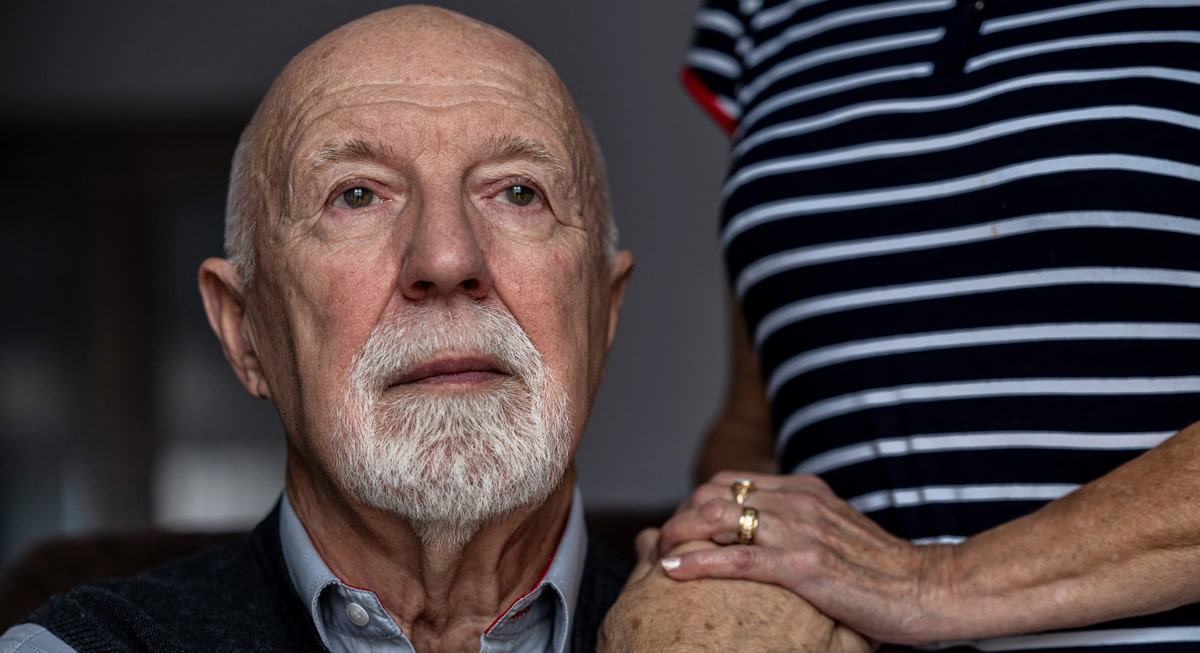So you've been working really hard to chip away at that credit card debt. You got that card in college because they offered you a free t-shirt if you signed up, and hey, who doesn't like free t-shirts? You've been throwing all of your extra money at the card with the highest interest rate (a smart move, in my opinion). And now, you're here. You're about to make the last payment on the card.
But then what?
So you take the money you were using to pay down the debt and you put it towards another credit card or you start pouring it into savings. That's easy enough.
But should you close that credit card?
Does it have an annual fee? Then yes. 100%, absolutely, yes.
But if it doesn't, keep it open. You don't have to carry it around in your wallet. You don't even have to use it (though you may want to put a charge a year on it to keep it from being closed due to inactivity). But you and that card have a history that's worth hanging on to.
Two big reasons.
Number one - Older accounts increase your average account age, which has a positive effect on your credit score. I still have a card that I opened in college. I think it has a $2500 limit on it. Does it get used regularly? No. But the account age is a great thing for my credit score.
Number two - available credit. Having a lot of available credit is good. It makes you look good. Using a lot of that credit... makes you look less good. I've read that it's good to use no more than 10% of your available credit on revolving accounts (credit cards). So keeping that old card open with a zero balance is a good idea.
Now. If you are worried that you are at risk of charging up that card again, then by all means, ditch it. Or maybe just cut it up and keep it open without a copy of the card. Yes, the credit card company might then close it for inactivity, but it's worth a shot. Just be sure to not completely ignore it. Set up an email or text alert if a charge is made to the card, just in case someone somewhere gets their hands on your credit card number. You can never be too safe.
Great work getting that debt paid off!









